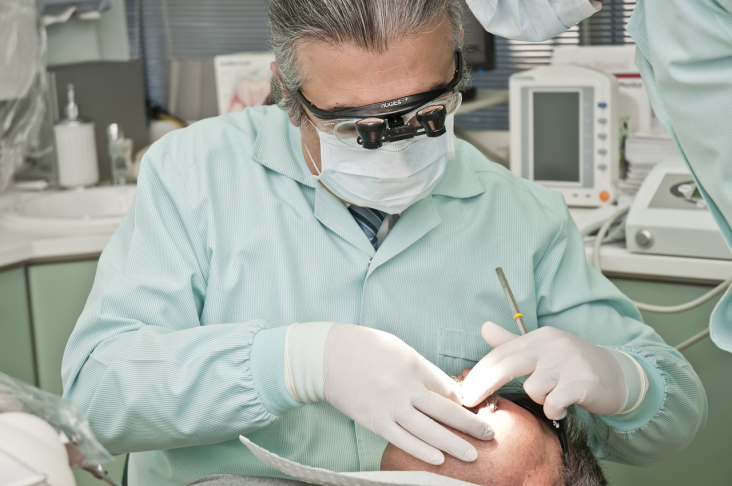Dental emergencies can happen unexpectedly and can be quite painful. Unfortunately, many people tend to ignore dental pain, thinking that the problem will disappear on it’s own. However, some dental issues should not be left untreated and require immediate attention.
At Everton Park Dental, we’re committed to offering same-day emergency dental appointments to help patients across Everton Park, McDowall, Stafford, and nearby suburbs get the urgent care they need.
When to See an Emergency Dentist
Recognising the appropriate time to see an emergency dentist near you is crucial for preventing the development of more serious dental problems. Here are five signs that indicate the need to seek emergency dental care:
1. Severe Toothache:
If you are experiencing a severe toothache that is accompanied by fever, swelling, or earache, you should seek emergency dental care near you. These symptoms can indicate an infection, such as an abscessed tooth or dental pulpitis, that requires immediate treatment. Delaying treatment can lead to more serious health problems and could result in tooth loss. An emergency dentist like Everton Park Dental in your local area that provides this kind of treatment can help to alleviate the pain, diagnose the underlying cause, and provide appropriate treatment, including root canal treatment or tooth extraction.
We provide fast relief and long-term solutions like root canal therapy or extractions when necessary.
2. Loose or Knocked-Out Tooth
If you have a loose tooth, it could be a sign of an underlying dental issue such as advanced gum disease, tooth trauma, or bruxism (teeth grinding). Depending on the severity of the situation, the tooth may need to be stabilised, extracted, or repositioned. A knocked-out tooth is also considered a dental emergency. If you act quickly and see an emergency dentist like Everton Park Dental promptly, the tooth may be able to be saved through a process called tooth replantation. Leaving a knocked-out tooth untreated or delaying treatment could lead to permanent tooth loss. Immediate dental care increases the chances of successfully saving the tooth.

3. Lost Fillings and Crowns
If you have lost a filling or crown, it is important to see an emergency dentist near you as soon as possible. Fillings and crowns are meant to protect and restore damaged teeth. When they become dislodged or fall out, the underlying tooth structure is exposed, making it vulnerable to decay and further damage. Additionally, a lost filling or crown can cause sensitivity, discomfort, or difficulty in chewing. Everton Park Dental can evaluate the affected tooth, clean the area, and provide a temporary or permanent replacement for the filling or crown. It is crucial to address lost fillings and crowns promptly to prevent further complications and to ensure the longevity of the tooth restoration.
Explore your options, including dental crowns or emergency tooth repair.
4. Infection
Dental infections can occur as a result of untreated tooth decay, gum disease, or dental trauma. If you notice symptoms such as severe pain, swelling, pus discharge, or a foul taste in your mouth, it could indicate an infection. Infections can spread rapidly and pose serious risks to your oral health and overall well-being. Seeking immediate attention from an emergency dentist near you in Stafford ,Everton Park, and McDowall is crucial to prevent the infection from spreading further. The dentist will assess the extent of the infection and provide appropriate treatment, which may involve antibiotics, root canal therapy, or extraction. Ignoring an infection can lead to complications such as the spread of the infection to other parts of the body, abscess formation, or even sepsis (a life-threatening medical emergency!).
Book Emergency Appointment Now


Don’t Wait for the Pain to Get Worse
At Everton Park Dental, we’re here when you need us most—with same-day emergency dental appointments and caring, expert support.
Visit Us or Book Now
Everton Park Dental- Your Trusted dentist in Everton Park
Shopping Centre, Level 1, Shop C4/768 Stafford Rd, Everton Park QLD 4053




